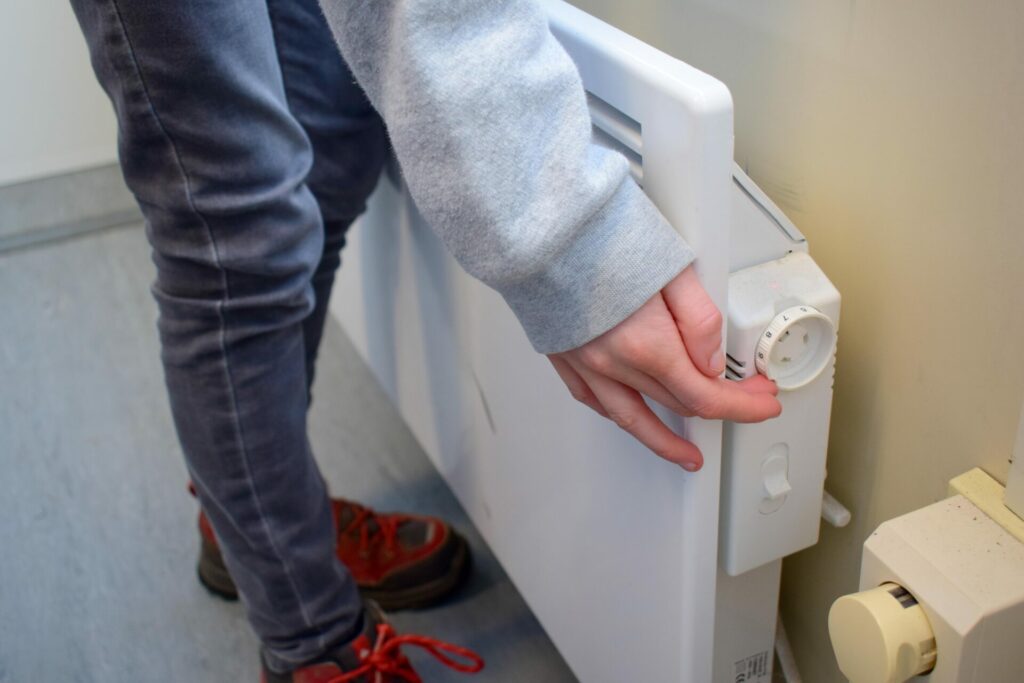As the temperatures drop in Belgium for the first few cold days of the year, the country's general gas consumption rose by about 50% this week compared to the weeks before, according to the latest figures by the European network of transmission system operators for gas, Entsog.
Gas consumption in Belgian households and industry has been slowly rising for a week, with significantly more natural gas consumption in recent days.
Consumption last Tuesday was at 105 GWh, more than half (+56%) higher than at the beginning of last week, when 67 GWh of natural gas was consumed. Especially striking are the morning and evening consumption peaks between 06:00 and 09:00, and between 18:00 and 21:00.
"At what time the heating comes on depends very much on the type of home," Marc Delghust, a post-doctoral researcher on energy consumption in buildings (UGent) and Head of Research at start-up Scone, which supports families and companies in saving energy, told Het Laatste Nieuws.
Handling the cold
"A passive house that is well-insulated will need heating less quickly than an old, poorly insulated house," he said. "At the same time, someone who wants it to be 21°C in their home will start heating faster than someone who is content with 19°C as the indoor temperature.”
As a rule of thumb, people in Belgium start switch on the heating when the outside temperature drops to 16.5°C, according to Delghust. "At the same time, it can take a few days before the heating comes on at the start of the colder season. This is because we can 'handle' the cold for a few days and so we often wait a while before switching on the boiler or putting it in winter mode."
Related News
- Interactive: How much are your home appliances costing you?
- Belgians rush to buy heaters before winter
- Why has Belgium got so cold recently?
The latest temperature observations by the Royal Meteorological Institute (RMI) confirm that trend: the average daytime temperature has fallen below 16.5°C since last Wednesday (14 September). And as of Monday (19 September), consumption has started to increase systematically.
At the moment, however, consumption is still fairly low, according to energy researcher Joannes Laveyne (UGent).
"In the summer, there is not a lot to save. The coming months will be the real litmus test for our savings exercise because the effect of the temperature dropping a few degrees is traditionally large on consumption."

